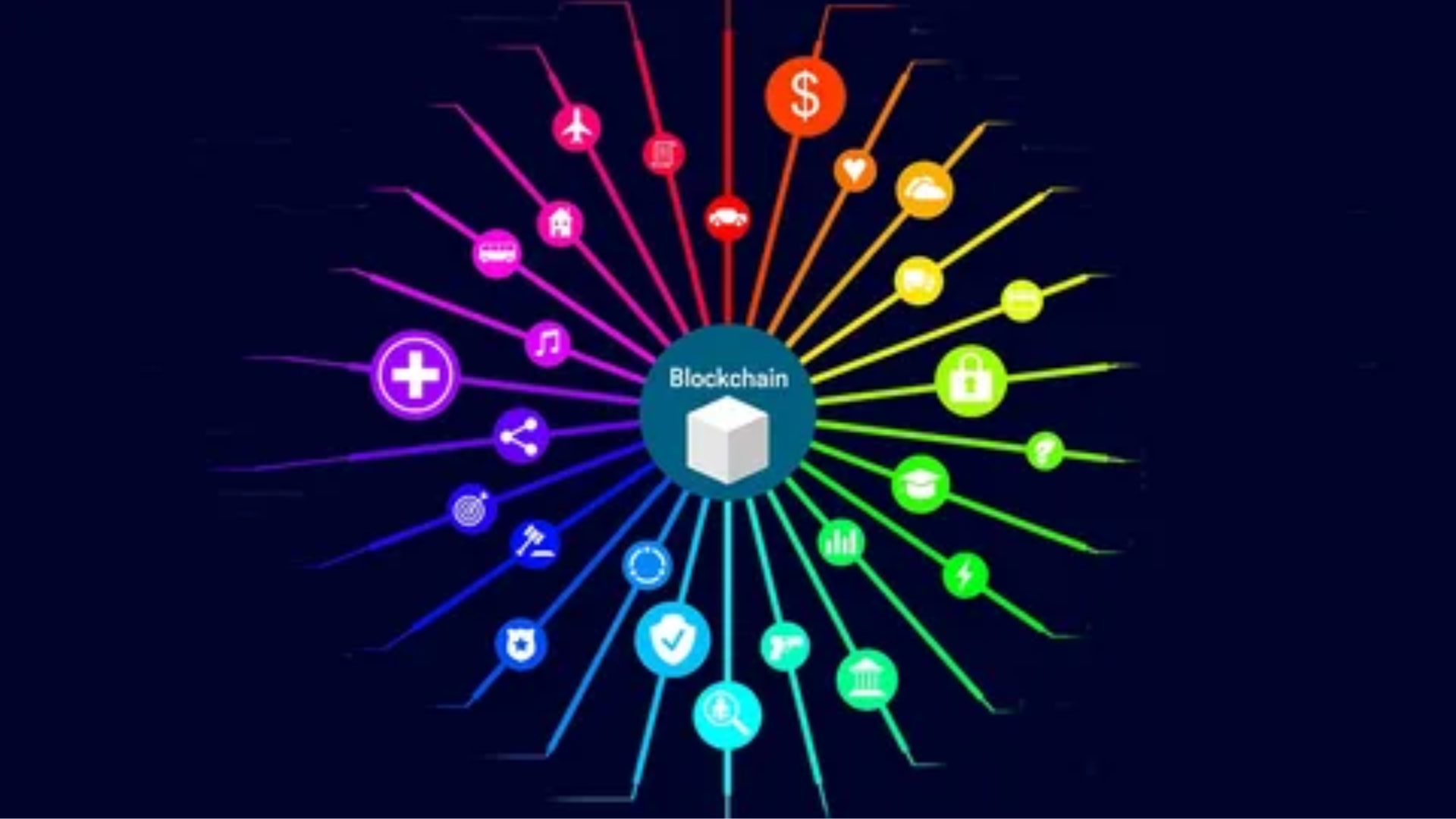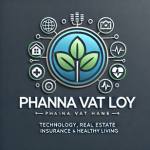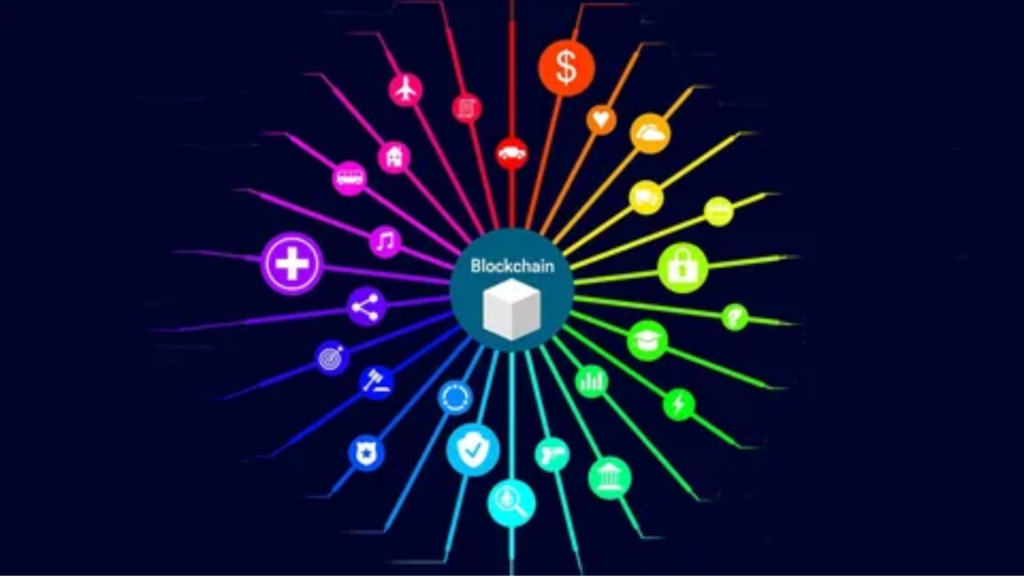Blockchain Beyond Bitcoin: Exploring Use Cases Across Industries
Blockchain, often synonymous with cryptocurrency, has advanced beyond Bitcoin and finance, step by step reshaping various industries in sudden approaches. From logistics to healthcare, actual property, and past, this generation is making waves, proving that its cost extends far past cryptocurrency on my own. Let’s dive into the sensible packages of blockchain across sectors, unraveling how this generation is using efficiency, transparency, and protection.
What is Blockchain Technology?
In its handiest form, blockchain is a dispensed ledger that records transactions throughout multiple computers in a stable and immutable manner. Unlike centralized databases controlled by a single authority, blockchain networks are decentralized and maintained by a community of members. Transactions on a blockchain are obvious and traceable, but secure because of cryptographic hashing, making tampering almost not possible. Initially, blockchain emerged because the underlying technology for Bitcoin, but it speedy became clear that its potential stretched far past virtual currency.
Supply Chain and Logistics
Blockchain technology is revolutionizing the supply chain and logistics enterprise via addressing important challenges: traceability and transparency. Imagine a international where purchasers can song the journey of a product from the farm to their table, knowing each level of its journey.
Enhanced Traceability: Blockchain presents an unchangeable report of every transaction within the supply chain, from production to final sale. This now not best helps verify product authenticity but also ensures that every one components of the supply chain adhere to ethical and environmental standards.
Improved Transparency: Blockchain permits all stakeholders, consisting of providers, producers, and stores, to get entry to real-time data on the motion and standing of goods. This transparency reduces fraud, streamlines tactics, and improves responsibility.
For example, companies like IBM and Maersk have followed blockchain to tune shipments in real-time, decreasing inefficiencies and saving billions in operational fees.
Healthcare: Protecting Patient Data
The healthcare enterprise faces urgent challenges in dealing with affected person statistics securely and effectively. Traditional structures often store affected person facts in centralized databases vulnerable to hacking and data breaches. Blockchain, however, gives a decentralized answer that complements security, making sure affected person privateness and data integrity.
Secure Data Storage: Blockchain’s decentralized nature makes affected person information certainly impossible to adjust with out detection, providing a reliable technique for storing sensitive fitness records. Patients can manage get right of entry to to their statistics, sharing them with medical doctors and hospitals while wished without compromising privateness.
Improved Data Sharing: Blockchain enables seamless, secure data sharing across healthcare vendors. When patients switch medical doctors or hospitals, their scientific histories may be securely transferred, lowering redundancy and enhancing affected person care.
Projects like MediLedger are operating to fight drug counterfeiting using blockchain, making sure the authenticity of pharmaceutical products from manufacturer to purchaser.
Three. Real Estate: Streamlining Transactions
In the traditionally paper-heavy global of real estate, blockchain era offers a clean dose of performance, transparency, and security. Real estate transactions often contain prolonged approaches, significant office work, and excessive costs due to 1/3-party intermediaries. Blockchain can streamline those transactions, making shopping for or promoting belongings faster and greater affordable.
Eliminating Middlemen: Blockchain can facilitate peer-to-peer transactions, bypassing intermediaries like agents, banks, and notaries, and lowering transaction expenses.
Smart Contracts: These self-executing contracts automatically put into effect the terms of an agreement when predefined conditions are met. For example, when a buyer’s charge is showed, possession switch may be completed without extra paperwork or 1/3-birthday celebration verification.
Property Rights Protection: In a few international locations, belongings rights are liable to fraud because of lack of file integrity. Blockchain’s tamper-evidence information guard property rights, ensuring that ownership facts continue to be transparent and secure.
Propy, a blockchain-primarily based real estate platform, has already facilitated blockchain-enabled property income global, showing how virtual ledgers can convey lengthy-needed performance to actual estate transactions.
Four. Energy Sector: Facilitating Decentralized Power Grids
As the demand for renewable power grows, the power sector faces the task of handling decentralized power resources like sun panels and wind turbines. Blockchain era offers an answer with the aid of developing decentralized energy markets, where producers and purchasers can alternate energy without delay.
Peer-to-Peer Energy Trading: With blockchain, owners with solar panels can sell their excess energy to buddies, creating a neighborhood electricity market. This reduces dependency on large energy providers and promotes the usage of green electricity.
Efficient Energy Management: Blockchain can tune strength manufacturing and consumption in real time, supporting grid operators optimize energy distribution, lessen waste, and decrease costs.
In Australia, Power Ledger uses blockchain to enable peer-to-peer power trading, helping groups lessen their carbon footprint and make power intake greater price-powerful.
Finance Beyond Cryptocurrencies
Blockchain’s capacity in the monetary area stretches properly past cryptocurrencies like Bitcoin. Traditional economic structures are frequently slowed down by means of intermediaries, which increase transaction prices and delay processing times. Blockchain’s decentralized nature offers considerable improvements in terms of velocity, security, and fee.
Cross-Border Payments: Blockchain-based pass-border bills are lots faster and cheaper than conventional banking systems, which frequently contain more than one intermediaries and high prices. Blockchain structures can whole global transactions within seconds as opposed to days, with decreased charges.
Asset Tokenization: Blockchain permits physical property like actual estate, art, or commodities to be tokenized and traded digitally. Tokenization improves liquidity, as fractional possession will become viable, and investors should purchase and sell tokens of belongings quickly and securely.
Decentralized Finance (DeFi): DeFi platforms constructed on blockchain permit customers to get right of entry to monetary offerings like lending, borrowing, and trading with out relying on banks or other centralized entities. This opens up possibilities for monetary inclusion and creates a obvious monetary atmosphere.
Ripple and Stellar are examples of blockchain-based platforms which have made pass-border payments faster and more low-priced for companies and people alike.
Voting Systems: Securing Democracy
Blockchain era holds giant promise for stable and transparent vote casting structures. Traditional voting strategies, both electronic and paper-based totally, are vulnerable to fraud, manipulation, and coffee voter turnout. Blockchain may be the answer for secure and reliable elections.
Transparency and Trust: Blockchain’s immutability guarantees that after a vote is cast, it can’t be altered or deleted. This boosts confidence within the election procedure, as each vote is securely saved on a decentralized ledger.
Accessibility: Blockchain-based voting can allow far off voting, making it less difficult for citizens who’re abroad or stay in far off regions to take part in elections.
Instant Results: With blockchain, vote counting is automated and transparent, taking into consideration faster and more correct outcomes without guide counting.
Countries like Estonia have already experimented with blockchain-based balloting, showcasing the ability for stable, obvious elections inside the future.

Conclusion: Blockchain’s Expanding Influence
While blockchain technology can also have commenced its journey as the muse of Bitcoin, it has because grown into a versatile device able to remodeling diverse sectors. From improving deliver chain transparency to shielding healthcare information and facilitating stable voting, blockchain is pushing limitations and redefining tactics that impact thousands and thousands.
As blockchain adoption spreads, industries are possibly to discover even extra ways to leverage this era to improve efficiency, transparency, and protection. Blockchain might also have emerged alongside Bitcoin, but today, its applications expand far beyond the sector of virtual currency. The technology is right here to live, reshaping industries and difficult the conventional frameworks we rely on in our every day lives.



